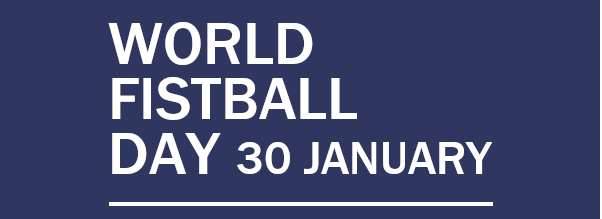
Capacity- building initiatives: Events that aim to spread the potential Sport for All. The realization of physical activity (on site) is not the most important outcome but rather to develop drivers that enhance and increase the access to Sport and Physical Activity.
Other “out of the pitch forms”, that pursue educational and dissemination purposes
Conferences:
. Symposium
. Seminar
. Workshop
. Convention Coaching courses:
. Certification courses
. Training camps
. Multiplier events Mentoring schemes
. Non-formal trainings
. Volunteering
Contribution:
International endorsement
Commissioner Tibor: Develop the skills of Sport and fitness coaches and trainers so they are better equipped to provide motivation and support to encourage inactive people to exercise to a level beneficial to their health.
EU WORK PLAN 2017-2020: The role of coaches is a key topic that should be given priority.
Conferences
Coaching courses
Other
Please also consider:
Appendix 3: additional guidelines for this type of event.
Additional guideline 8: provide recommendations regarding the event management process.
Conferences
Coaching certified courses:
TAFISA certified leadership courses. Click Here
She Runs workshop. Click Here
Other capacity-building models
TREE model (for Teaching Styles, Rules, Environment, Equipment). Click Here to learn more
Basketball Without Borders (BWB)
(Fédération Internationale de basket-ball)
More information:
Featured Videos. Click Here
Project official page. Click Here